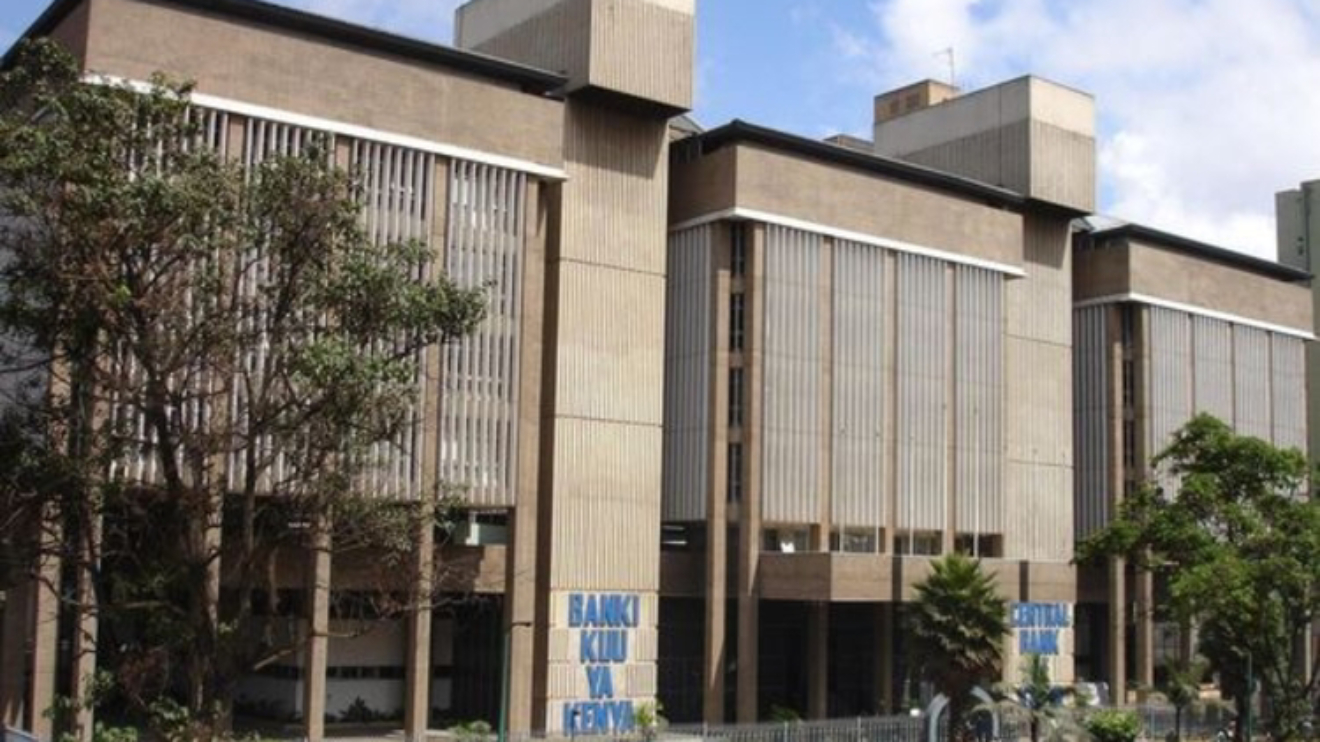Kenya's banking sector is grappling with a significant rise in non-performing loans (NPLs), which has reached a new high of 15.5 per cent of total lending according to Central Bank of Kenya (CBK) data.
This worrying trend coincides with a slowdown in private-sector credit growth.
The surge in bad loans is attributed to recent interest rate hikes implemented by the CBK to combat inflation and a weakening Kenyan shilling.
The benchmark lending rate has been raised consecutively, prompting commercial banks to follow suit.
Equity Bank Kenya, for instance, increased its base lending rate to a staggering 18.24 per cent following the latest CBK rate hike in February while Access Bank went even further, pushing its base lending rate to 20 per cent.
Read More
These elevated interest rates have significantly increased debt service costs for borrowers, further straining them in an already challenging economic environment.
Consequently, private sector credit growth has slumped to its slowest pace since July 2023, clocking in at just 10.3 per cent.
This is a stark contrast to the robust growth of 13.8 per cent observed in January 2024.
Despite the slowdown, the CBK maintains that private sector credit growth remains resilient, primarily driven by businesses' working capital needs.
Loan applications and approvals have remained steady, reflecting this continued demand.
The CBK's Monetary Policy Committee (MPC) acknowledges the pressure exerted by high interest rates.
However, they believe their previous measures have effectively curbed inflation and addressed the exchange rate volatility witnessed earlier this year.
This rise in NPLs mirrors a similar trend reported by lenders during their 2023 financial year-end results.
Banks have witnessed a notable increase in gross non-performing loans.
The CBK assures that banks are taking proactive steps by making adequate provisions for these NPLs.
The coming months will be crucial to monitor the effectiveness of these strategies and gauge the overall health of Kenya's banking sector.







